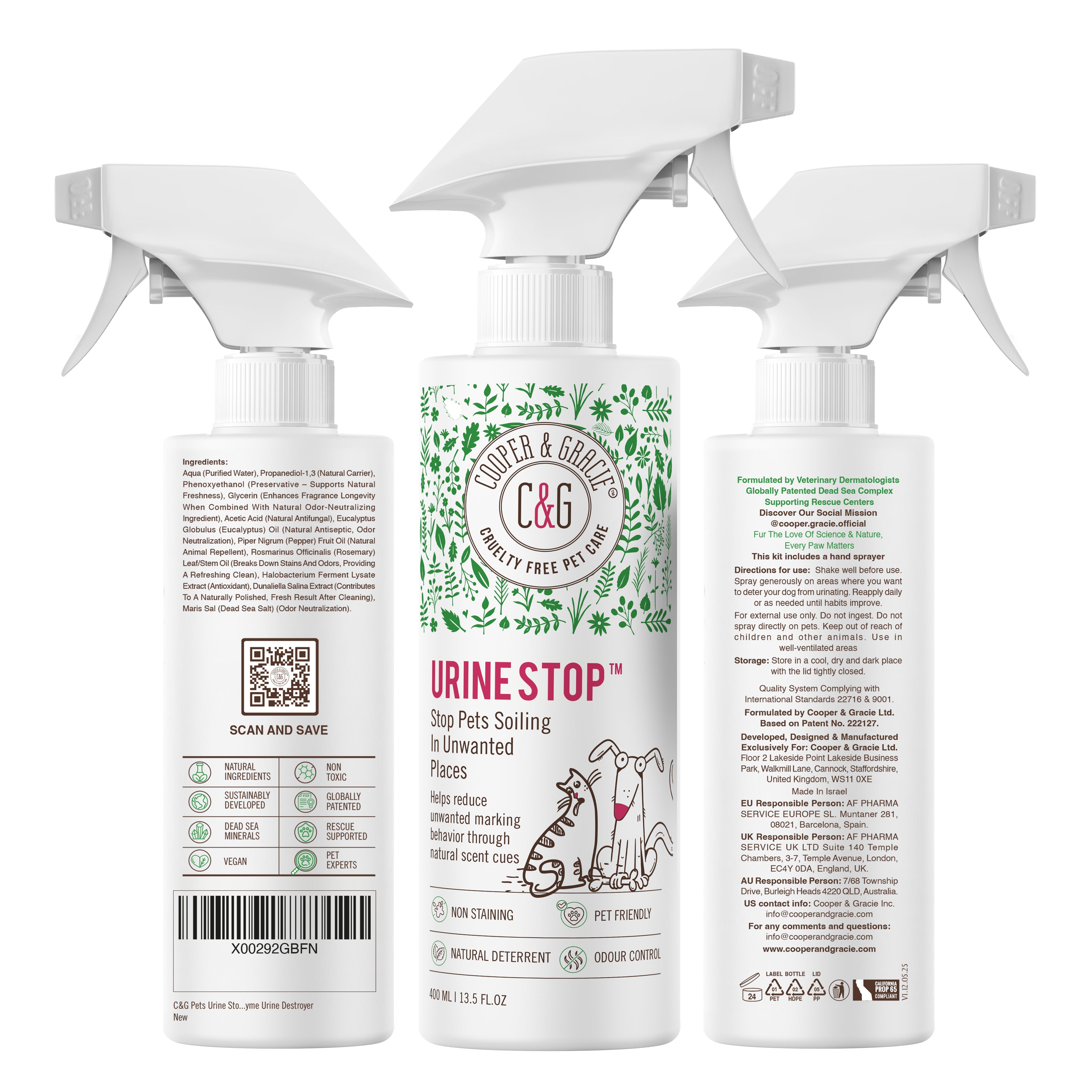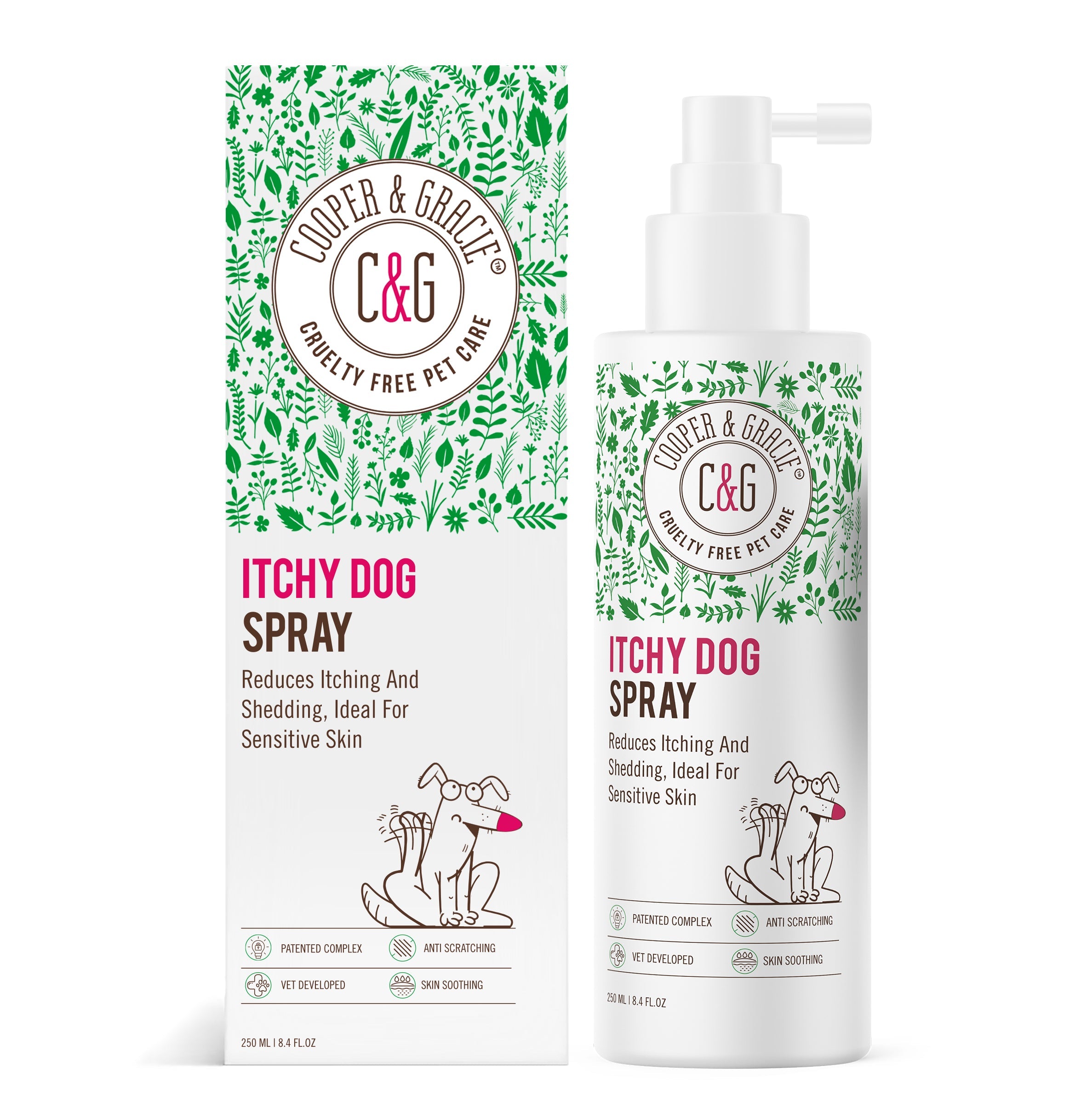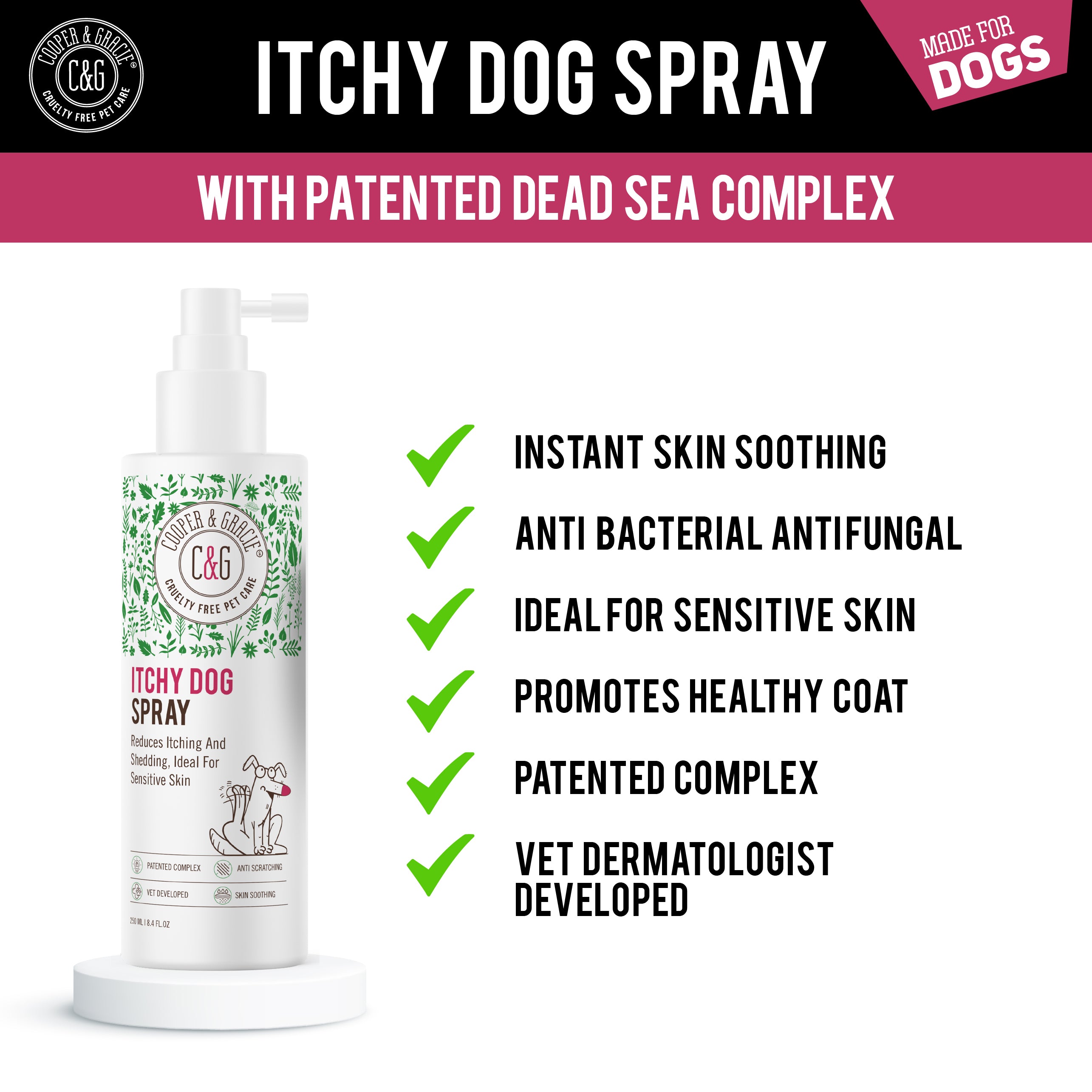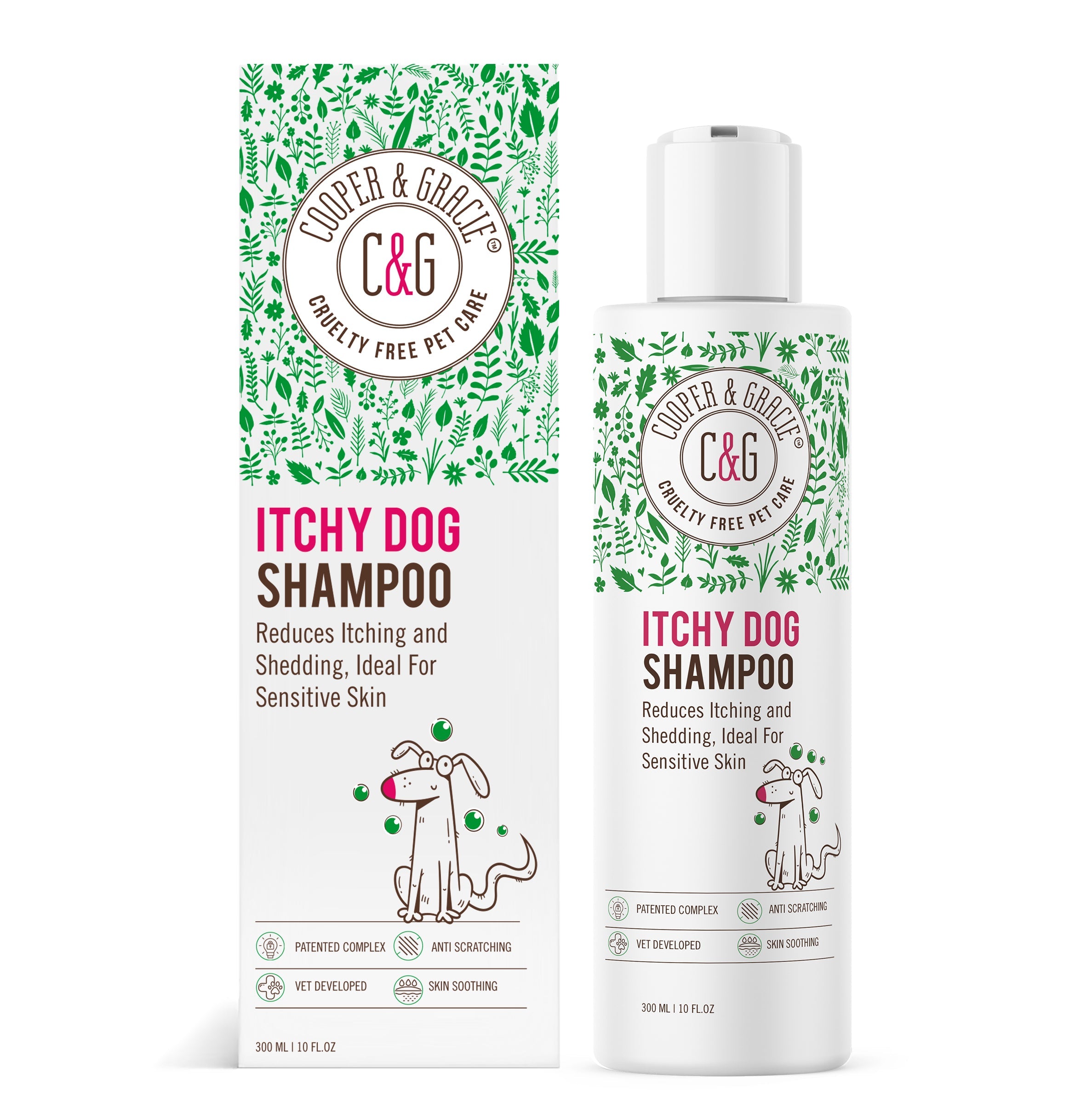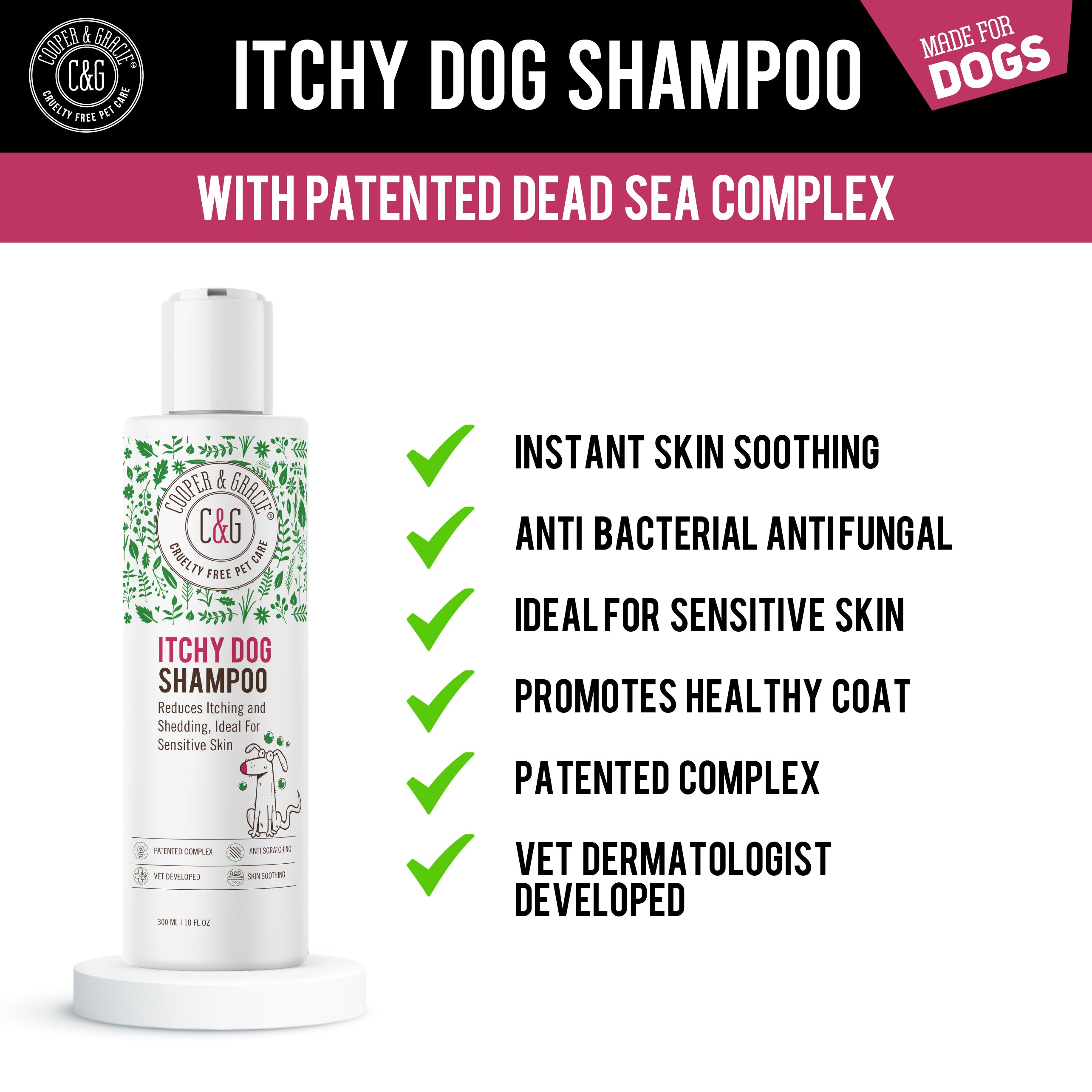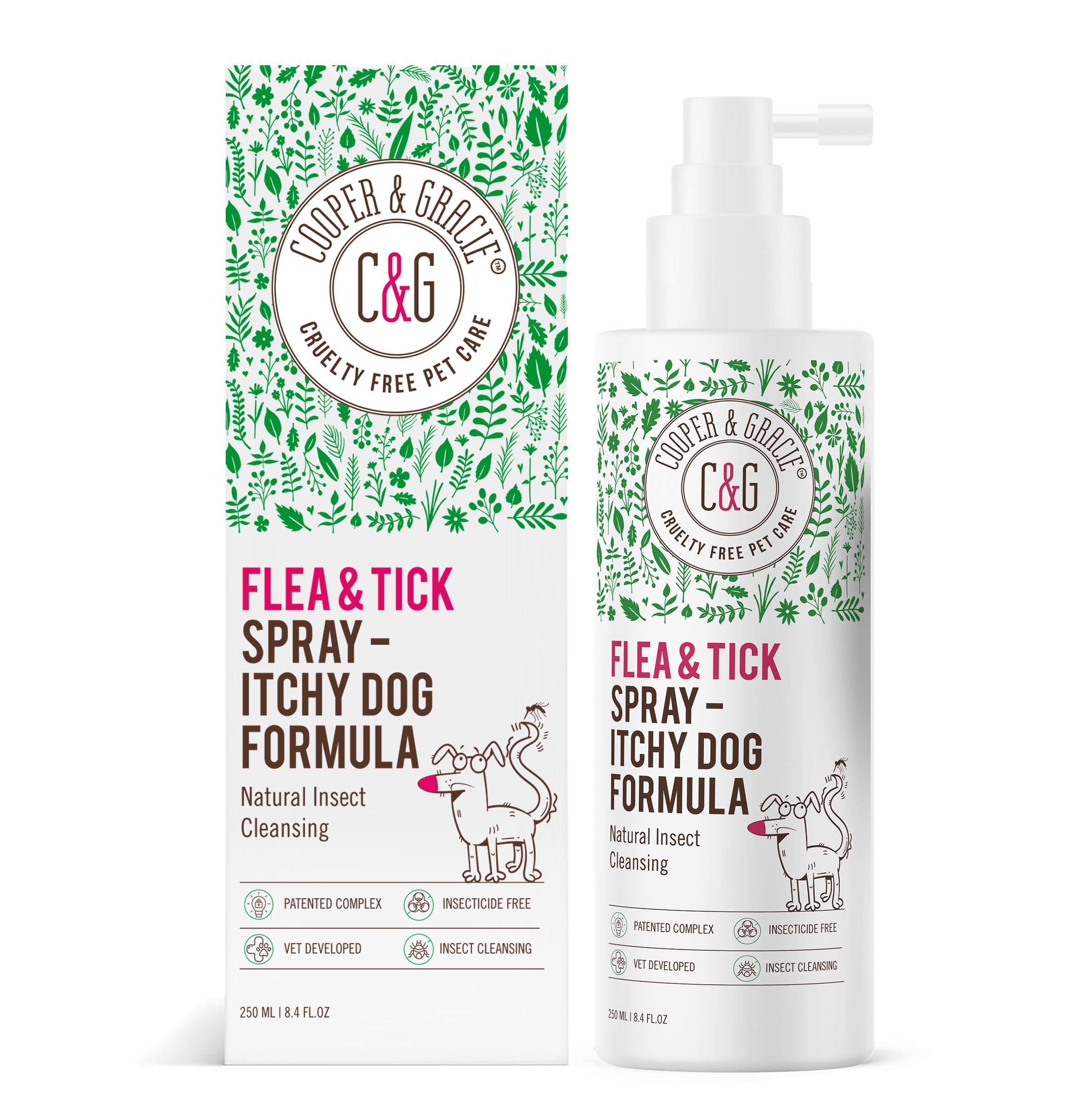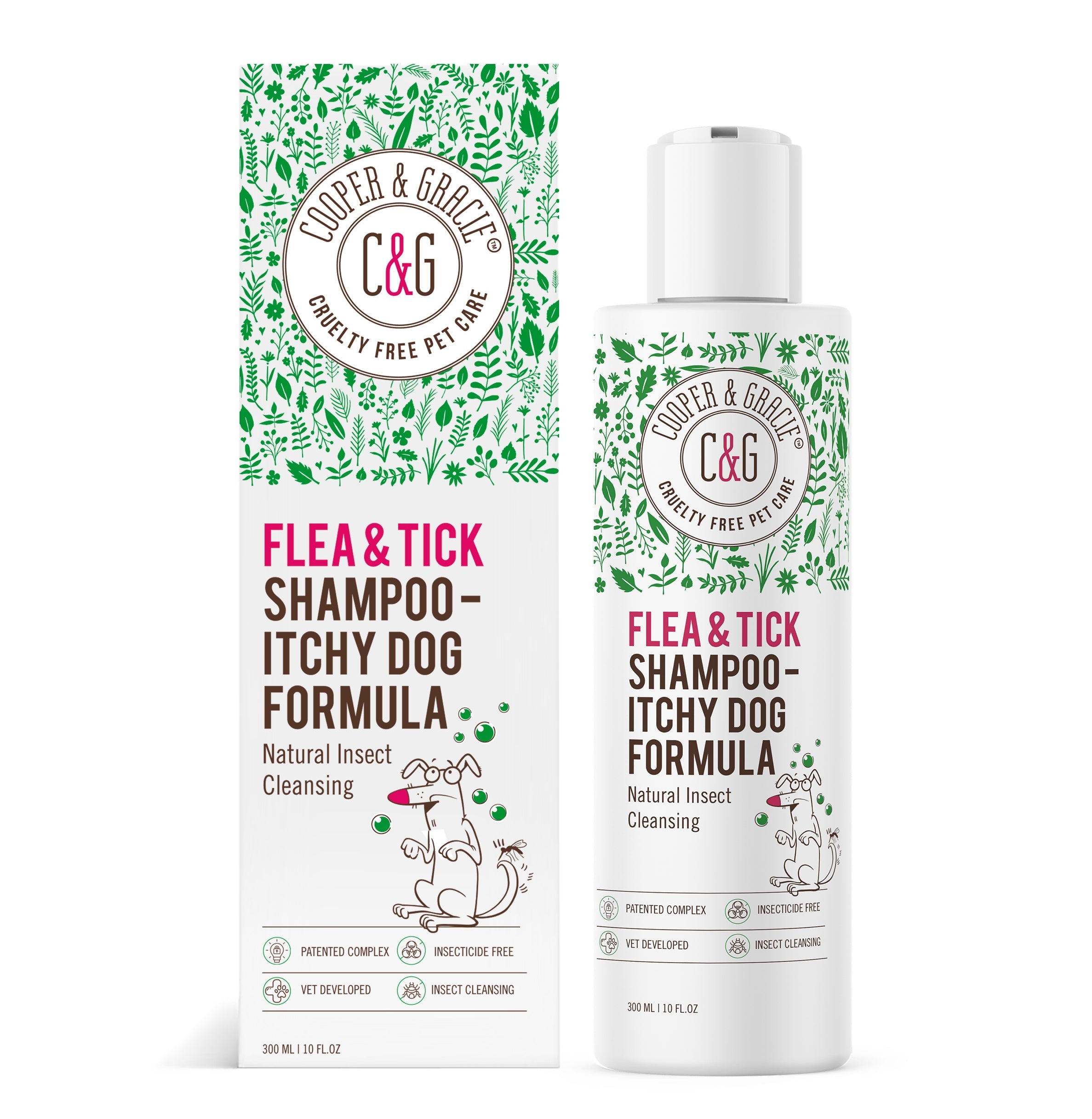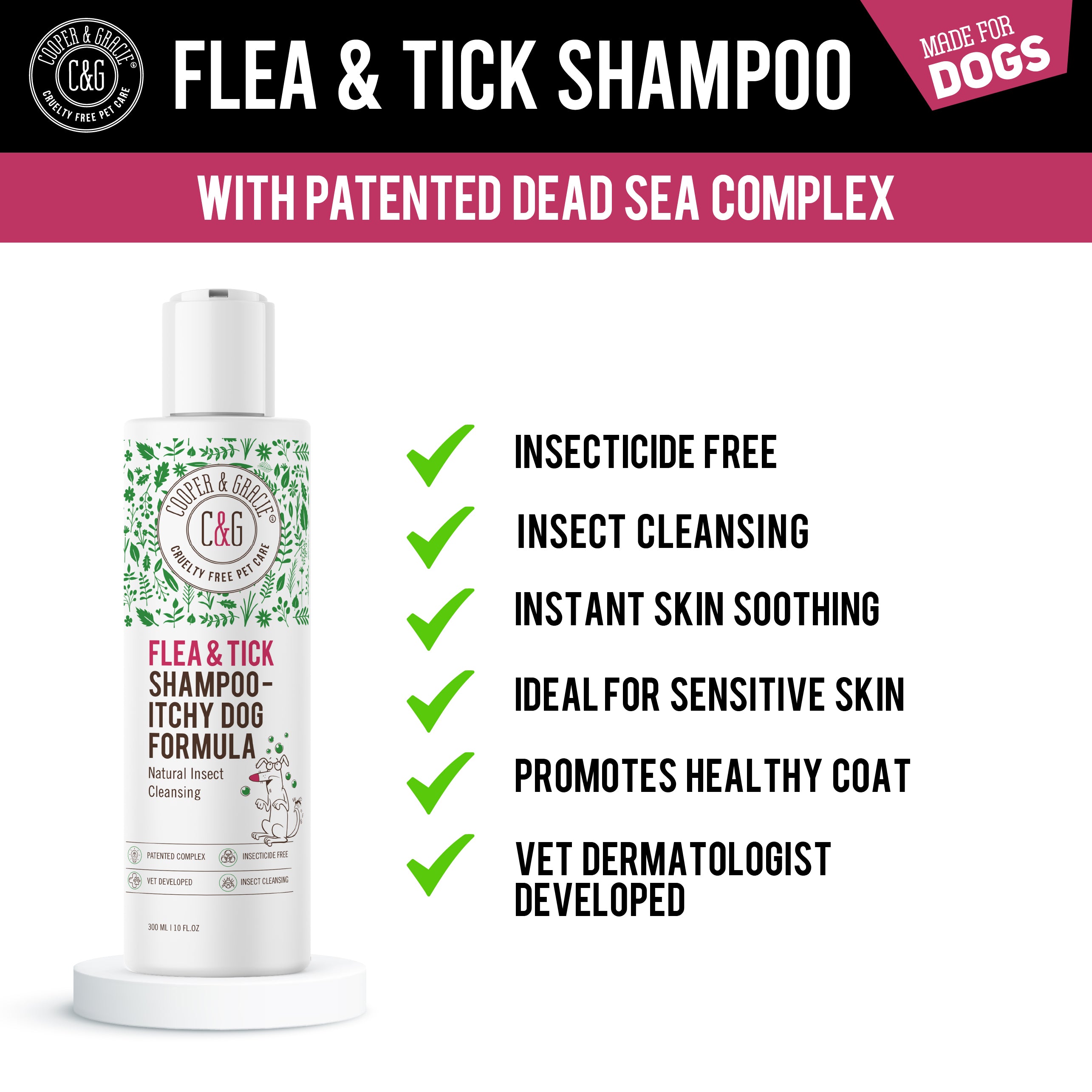Understanding Your Dog's Distress: Why is My Dog Constantly Scratching and Biting Himself?
Introduction
Picture this: your beloved furry friend, constantly scratching and biting himself, clearly in discomfort. It's a distressing sight for any dog owner. But why does this happen? In this comprehensive guide, we'll explore the various reasons behind this behaviour and how you can help your pet.
Understanding the Behaviour: Normal vs. Excessive Scratching
Distinguishing between a dog's normal grooming habits and excessive scratching is crucial. It's perfectly natural for dogs to scratch and bite themselves occasionally as part of their grooming routine. This behaviour helps them shed dead skin and fur and maintain a healthy coat.
However, when the frequency and intensity of scratching and biting increase, it becomes a concern. Excessive scratching can lead to skin damage, hair loss, and secondary infections. It's often a dog's way of trying to alleviate discomfort. If your dog is scratching more than usual, especially if they seem unable to stop or are causing harm to their skin, it's time to investigate further.
Health-Related Causes of Scratching and Biting
Many health issues can lead to excessive scratching and biting in dogs. Identifying these early can be key to effective treatment:
- Skin Allergies: Dogs can develop allergies to various substances, including certain foods, pollen, mould, and household chemicals. These allergies often manifest as itchy skin, leading to excessive scratching.
- Parasites: Fleas, ticks, and mites are common external parasites that cause intense itching. Flea allergy dermatitis, in particular, can cause severe reactions even from a single bite.
- Fungal Infections: Conditions like ringworm, not actually a worm but a fungal infection, can cause scaly, itchy patches on a dog's skin.
- Bacterial Infections: Bacteria can invade when the skin's protective barrier is compromised, leading to conditions like pyoderma, which can be itchy and uncomfortable.
Environmental and Dietary Factors Influencing Dog Behaviour
The environment and diet also play crucial roles in a dog's skin health and can trigger scratching and biting:
- Environmental Irritants: Pollen, dust, and even household cleaners can irritate a dog's skin. Dogs with environmental allergies may experience seasonal flare-ups, often worsening during high pollen counts or when exposed to particular irritants.
- Dietary Allergies or Sensitivities: Certain ingredients in dog food, like beef, chicken, wheat, or soy, can trigger allergic reactions. These often manifest as itchy skin, gastrointestinal issues, or both.
- Indoor and Outdoor Factors: The quality of air, humidity levels, and presence of irritants both indoors and outdoors can significantly impact a dog's tendency to scratch. Dogs living in dry environments may have drier skin, which can become itchy.
Recognising the interplay between these factors and your dog's scratching habits is essential for identifying the underlying cause and developing an effective treatment plan. Whether it's a minor environmental irritant or a more serious health condition, understanding why your dog is scratching is the first step in providing relief.
Psychological Aspects: Stress and Anxiety in Dogs
Just like humans, dogs can suffer from psychological stress and anxiety, which can manifest in physical symptoms like compulsive scratching and biting. These behaviours are often a dog's way of coping with emotional distress.
Factors contributing to stress in dogs include changes in their environment, separation from owners, lack of mental stimulation, or previous traumatic experiences. Behavioural disorders, such as Obsessive-Compulsive Disorder (OCD), can also lead to repetitive actions like excessive scratching.
Recognising signs of anxiety, like changes in eating habits, excessive barking, or destructive behaviour, alongside scratching, is important. Addressing these psychological factors through behavioural therapy, providing a stable and calming environment, and engaging in regular, reassuring interactions can significantly help in reducing stress-related scratching.
Home Remedies and Preventive Measures for Dog Scratching
Several home remedies and preventive measures can help manage and reduce your dog's scratching:
- Regular Grooming: Regular brushing helps to remove irritants from the fur and distribute natural oils in the skin, which can soothe itchiness.
- Bathing with Hypoallergenic Shampoo: Using a mild, hypoallergenic shampoo can help soothe irritated skin without causing further dryness or irritation.
- Omega-3 Fatty Acids: Supplements like fish oil can promote healthier skin and reduce inflammation.
- Maintain a Clean Environment: Regularly clean bedding, floors, and areas where your dog spends time to reduce exposure to allergens and irritants.
- Moisturise the Skin: Natural moisturisers like coconut oil can be applied to your dog's skin to alleviate dryness and itching.
- Adequate Hydration and Diet: Ensure your dog has constant access to fresh water and a balanced diet to maintain overall health and skin condition.
When to See a Vet: Recognising the Need for Professional Help
While home remedies can be effective for mild cases, there are situations where professional veterinary help is necessary:
- Persistent Symptoms: If your dog's scratching continues despite home remedies, or if it worsens, it's time to consult a vet.
- Visible Skin Damage: Any sign of infection, like redness, swelling, or open sores, needs veterinary attention.
- Behavioural Changes: If the scratching is accompanied by noticeable changes in behaviour, such as aggression, lethargy, or changes in eating habits, it could indicate an underlying issue that requires a professional diagnosis.
- No Clear Cause: If you can't determine the cause of your dog's discomfort, a vet can run tests to identify allergies, skin conditions, or other health issues.
A veterinarian can offer a range of treatments depending on the cause, from medication to manage allergies or infections to advice on dietary changes and environmental modifications. They can also refer your dog to a behaviourist if psychological issues are a significant factor. Remember, timely intervention can prevent more serious complications and ensure your dog's well-being.
Behavioural Training: Managing Stress-Related Scratching in Dogs
In cases where a dog's scratching is linked to stress or anxiety, behavioural training can play a pivotal role in providing relief. Positive reinforcement techniques are particularly effective. This involves rewarding calm and relaxed behaviour, thereby encouraging your dog to adopt these behaviours more frequently.
Techniques such as desensitization and counterconditioning can help dogs cope with stressors. For example, if your dog gets anxious due to loud noises, gradually exposing them to these sounds at a low volume and rewarding them for remaining calm can be beneficial.
Consistency is key in any training regimen. If needed, seeking the help of a professional dog trainer or a veterinary behaviourist can provide more tailored strategies to manage your dog's specific needs.
Monitoring and Ongoing Care: Ensuring Your Dog's Well-Being
Continuous monitoring of your dog's behaviour and symptoms is essential in managing their health. Regular check-ups with the vet are crucial, especially if your dog has a history of skin issues or allergies. Keeping a diary of your dog’s symptoms, diet, and environment can help identify patterns or triggers causing the scratching.
Regular grooming, checking for parasites, and maintaining a stable routine can also help minimise stress and skin irritants. Remember, early detection and intervention can prevent minor issues from escalating into more serious health problems.
Community and Support: Leveraging Collective Wisdom
Never underestimate the value of community support. Online forums, social media groups, and local pet owner clubs can be invaluable resources. These platforms allow you to connect with other dog owners who may have gone through similar experiences. They can offer practical advice, emotional support, and recommendations based on their own experiences.
Additionally, sharing your own journey can help others. Remember, while these communities provide great support, they should not replace professional veterinary advice.
Conclusion: Holistic Care for a Happier, Healthier Dog
To sum up, if your dog is persistently scratching and biting himself, it’s a sign that intervention is needed. The causes can range from physical health issues to environmental factors and psychological stresses.
By understanding these underlying causes and implementing a combination of home care, professional treatment, behavioural training, and leveraging community support, you can significantly improve your dog's quality of life.
Remember, a comprehensive approach that addresses both physical and emotional well-being is key to helping your dog lead a comfortable and happy life.
Discover the Cooper and Gracie Difference for Your Dog's Wellbeing
At Cooper and Gracie, we understand just how concerning it can be when your furry friend is in discomfort due to constant scratching and biting. That's why we've dedicated ourselves to crafting a range of natural, cruelty-free products specifically designed to soothe and nurture your dog's skin and coat. Our expertly formulated solutions, enriched with the finest, ethically sourced ingredients, are here to help tackle the root causes of skin irritation and allergies.
From our gentle, hypoallergenic shampoos to our nourishing skin balms, every product in our collection is created with your dog's health and happiness in mind. We invite you to explore our range and experience the difference that natural, lovingly made products can make in your dog's life. Let's help your beloved pet find relief and comfort, the Cooper and Gracie way. Visit us now and take the first step towards a happier, healthier dog. 🐾🌿 Explore Our Natural Solutions for Your Dog
Related Posts
How to Get Rid of Mites on Dogs
Why Does My Dog Stick the Tip of His Tongue Out When I Pet Him?


